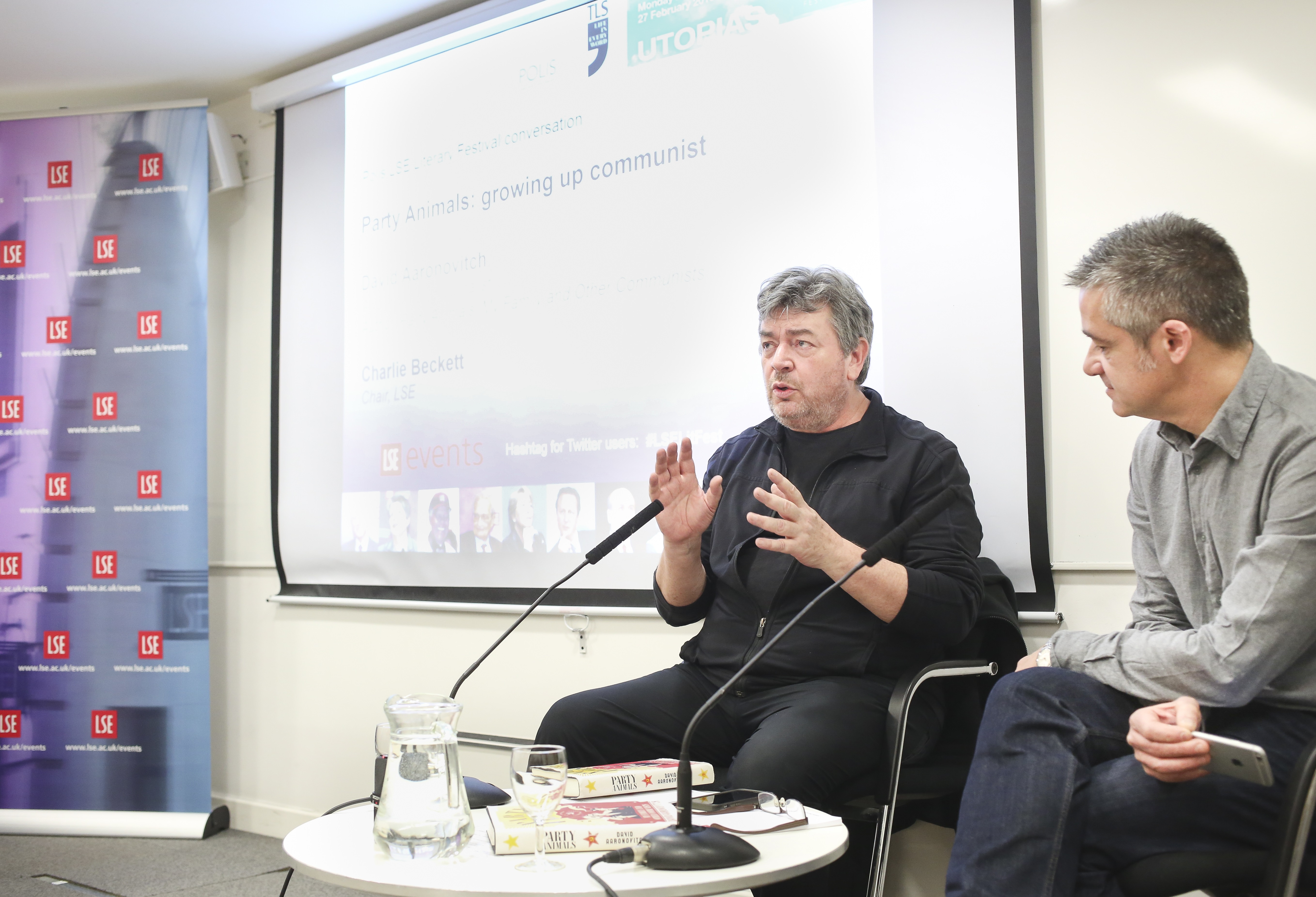This graph, from the publishers of Owen Jones’ book about the Establishment very clearly illustrates how biased British newspapers have brainwashed Britons into adopting right-wing beliefs that don’t match reality. Or does it?
Jones makes an argument that is shared across much of the political spectrum. There are even conservatives, who supposedly benefit from this, who make the same claim. But how true is it?
The charge generally made is that over the decades the UK’s right-wing press has pursued certain stories such as immigration, welfare, religion, immigration and fiscal policy with much greater vigour than other issues. It has covered them in an exaggerated, distorted and sensationalist manner. We have far more right-wing papers so they tend to dominate the agenda and fill the public space. Their proprietors are particularly political. Rupert Murdoch has a very strong personal ideology that he is not shy to display through his publications, for example. Editors like Paul Dacre also have a particular world-view that shines through every page of the paper he controls.
You can see what happens in that neat data visualisation. Over the years the readers turn into mini-Murdochs or duplicate Dacres, parroting their prejudices. The media controls Britain, goes the argument, because it controls our thinking.
I agree with the fundamental assumption here: journalism influences people. Otherwise, one of the key motives for my professional career and academic research would be blown out of the water. But the qualifications to that argument are so great that they render the original charge pretty meaningless.
Put in their simplest terms, here are the caveats.
1. If the papers control our minds then how come there is so much evidence that many Sun readers vote Labour, Guardian readers vote Tory etc?
2. Most research shows that people say they get most of their information from broadcasters, especially the BBC, which are generally ‘balanced’, centrist and fact-based.
3. People have a choice. There is the Mirror, Guardian, Independent and even the Financial Times who produce enthusiastically liberal journalism.
4. Most experts would argue that our views are actually grounded in parenting, education and peer groups. They are driven by economic, cultural, gender and historic forces. News media is a very secondary factor. I think that non-news such as soaps and social media is more influential. Whisper it quietly if you are in a media and communications department (I am) but media effects are usually exaggerated because they are the most visible and dynamic.
5. Take those issues in the graphic above. They all related to issues concerned with fear. Fear of ‘the other’. Fear of a threat (crime, identity loss, personal loss) or of a hypothetical damage. We all know now that buried deep in our psyche is a survival instinct that tells us to worry about unknown risk and so, therefore, we exaggerate it.
6. Sometimes the prejudices turn out to be well-founded. Immigration is much higher than we thought it was going to be. I am a classic liberal on this but perfectly creditable liberals such as David Goodhart think differently. The point is the public were misled on this. It’s not surprising they now exaggerate other risks.
7. Most people can’t count (including humanities educated hacks like myself). Ask someone to give a percentage of benefit fraud and they will express it as a fraction of their personal concern or from anecdotal evidence from their friends. The pollsters haven’t got it ‘wrong’, but they are measuring mathematical competence as well as public attitudes.
I could make more than those 7 points, but I recognise that they are all infinitely arguable. I am certainly not suggesting that you should be complacent about newspapers trying to distort debate. Let’s make them more accountable. Social media is proving a very handy tool for doing that. But my larger point is this. We should not use the conspiracy theory of media control to excuse an honest debate about the issues.
It’s not a conjuring trick. At its most glib, the marxist idea of false consciousness can be used as a way of avoiding a real political debate. Yes, newspapers can frame deliberation – especially for the elite that populate The Establishment. But as commercial entities they can’t swim against the popular tide for very long. For example, look at how they have become less racist as British society has become more tolerant. In that sense they follow rather than shape public opinion.
As politics becomes less tribal, as Britain becomes more diverse, as attitudes become more personal, it’s going to be harder for the mainstream press to reflect, let alone control people’s minds. Perhaps that is partly why their sales are falling?
Ultimately, on this I think even people like Owen Jones might agree with my conclusion: don’t blame the papers, do more politics.
[Owen Jones is giving a talk at LSE about his book on October 13th – details here]






